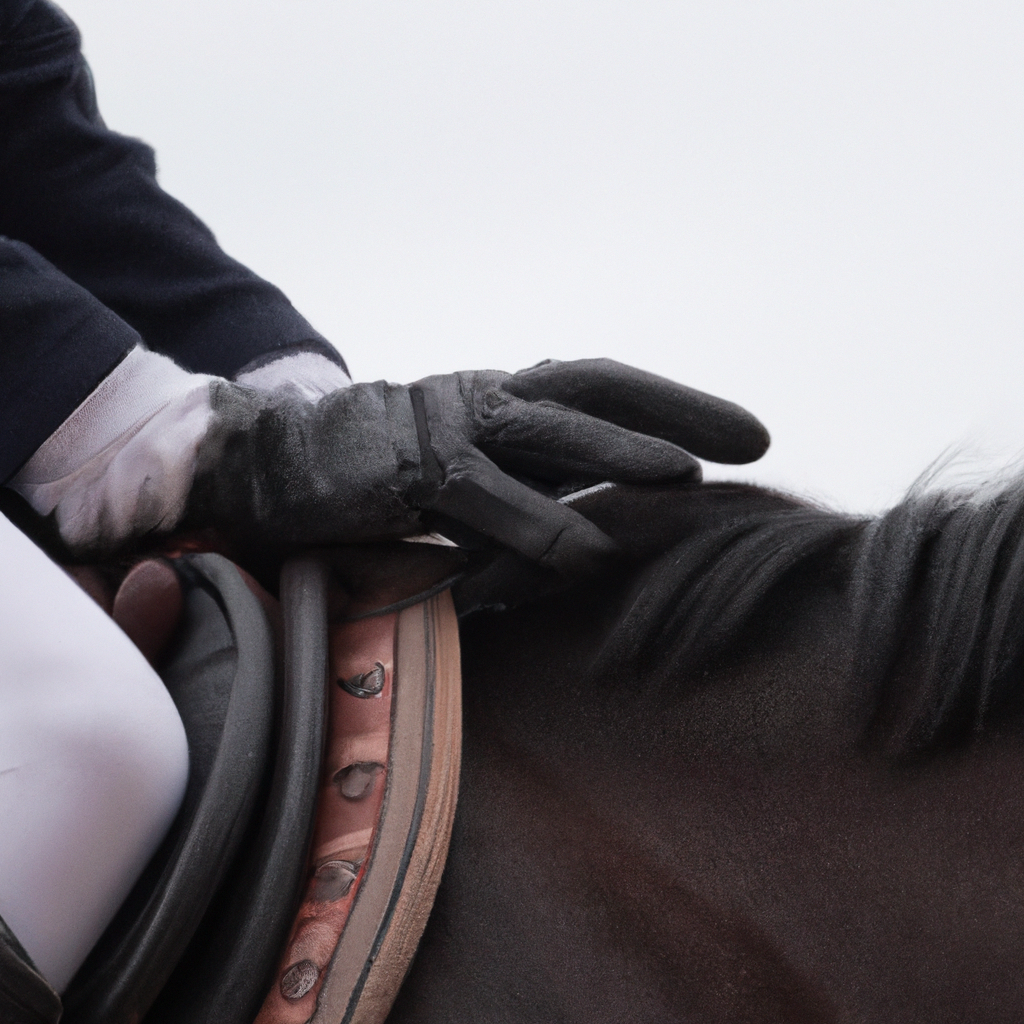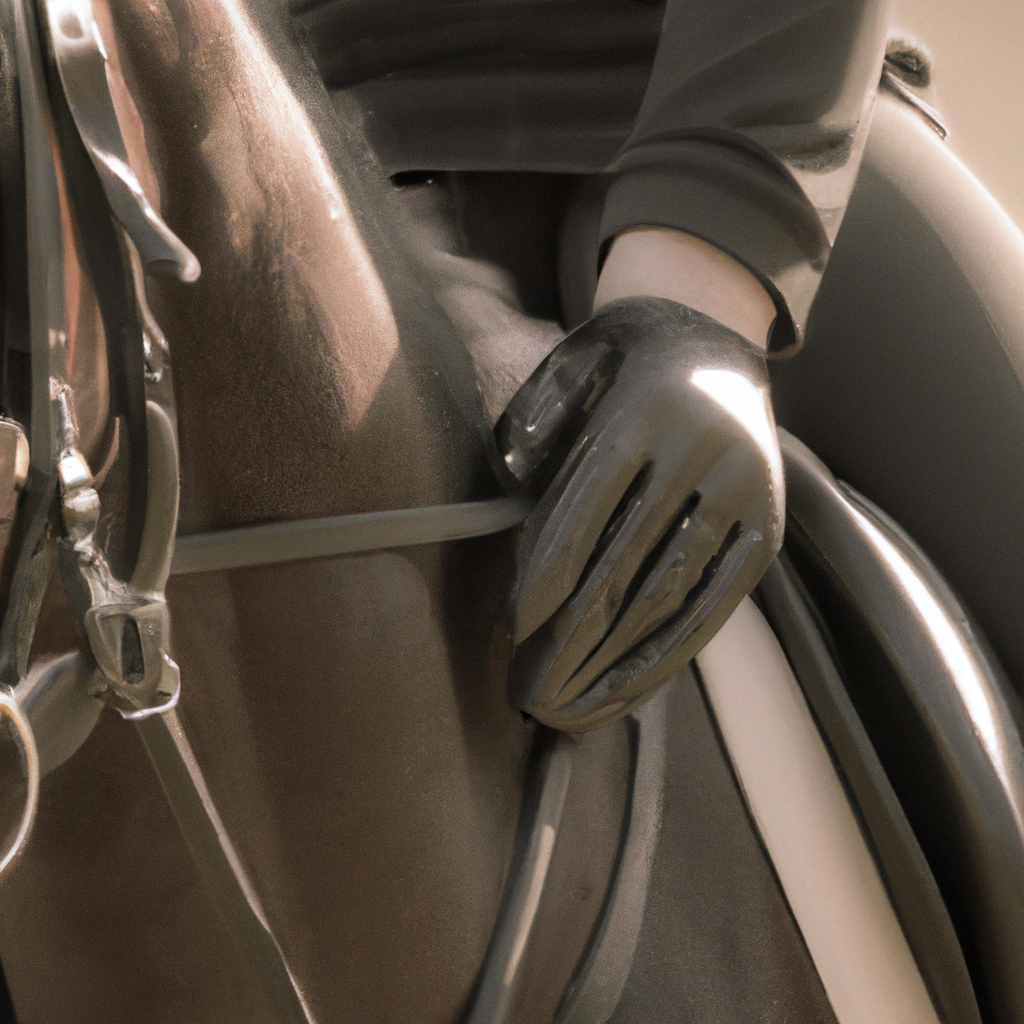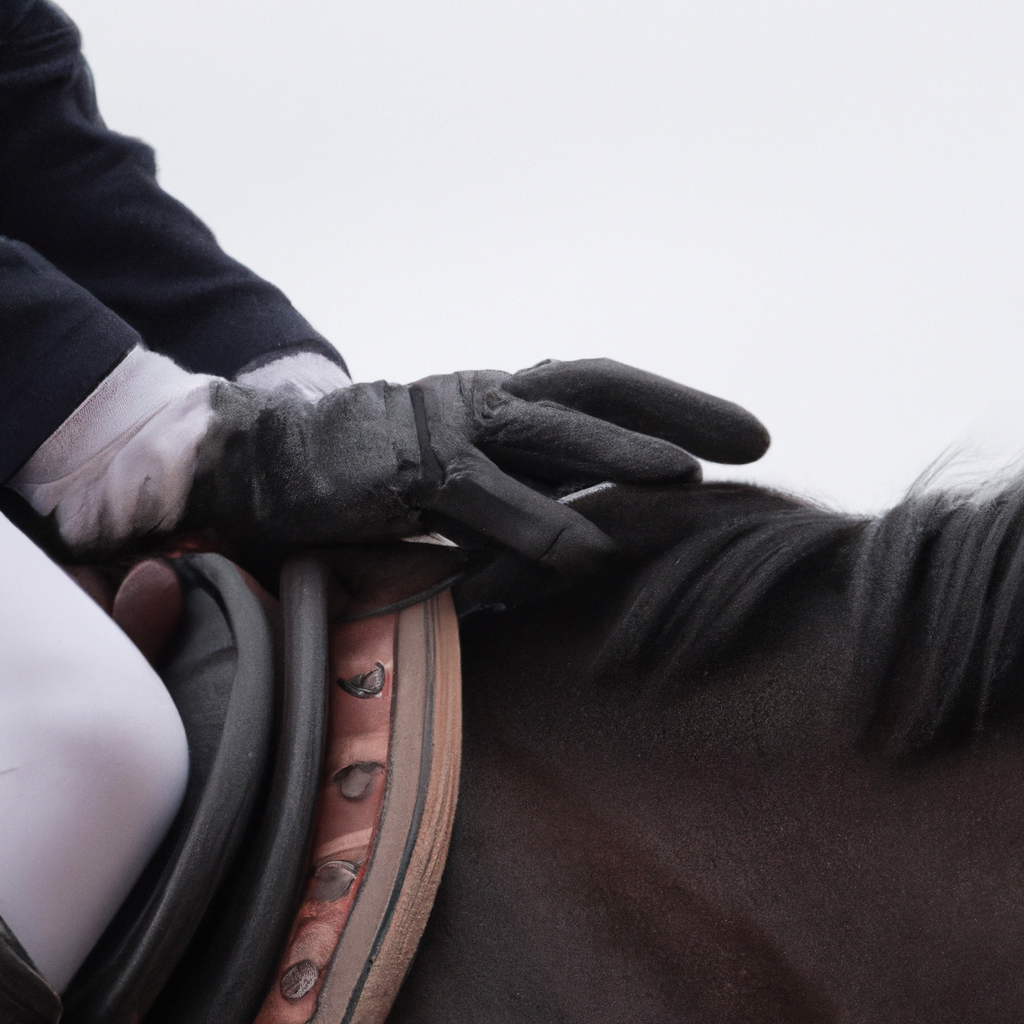If you’ve ever experienced fear while riding a horse, you’re not alone. Many riders, both beginners and experienced alike, have faced this challenge at some point. But fear doesn’t have to hold you back from enjoying the thrill and freedom of horseback riding. In this article, we’ll be sharing expert advice from riding instructors on how to overcome fear in the saddle. Whether you’re a nervous beginner or looking to regain your confidence after a fall, these tips will help you conquer your fears and embrace the joy of horseback riding.
Overcoming Fear: Expert Advice from Riding Instructors
Fear is a natural emotion that can arise when engaging in activities such as horseback riding. Acknowledging and understanding fear is the first step towards overcoming it. As riding instructors, we have valuable insights into the causes of fear and effective strategies to help riders build confidence and overcome their fears. In this article, we will explore various aspects of fear in horseback riding and provide expert advice to help you overcome it.

Acknowledging and Understanding Fear
Fear is both a physical and emotional response to perceived danger or threat. Recognizing the physical and emotional symptoms of fear is crucial in addressing and managing it effectively. Common symptoms include increased heart rate, shallow breathing, sweaty palms, restlessness, and a racing mind. By acknowledging these symptoms, riders can gain a better understanding of their fear and take steps to overcome it.
To understand fear further, it is important to identify its root causes. While fear can be a natural response to a potentially dangerous situation, it can also be irrational and disproportionate to the actual risk involved. Being able to differentiate between appropriate and irrational fear is key to overcoming it. This self-awareness allows riders to address and challenge their irrational fears.
Common Causes of Fear in Horseback Riding
Several factors can contribute to fear in horseback riding. Previous bad experiences, lack of confidence in one’s riding abilities, and fear of falling or getting injured are common causes. Trauma or previous accidents, fear of loss of control, and anxiety about riding in certain environments, like open spaces or crowded areas, can also contribute to fear.
Overcoming these fears requires a patient and gradual approach. Building trust and developing a bond with horses is a fundamental step. Groundwork exercises help establish a relationship with the horse, while understanding equine behavior and body language enhances communication and trust. Consistency, positive reinforcement, and rewards further reinforce the bond.
Choosing the right horse is also critical in reducing fear and increasing confidence. Matching the horse to the rider’s abilities, considering temperament and energy levels, and selecting a well-trained and safe horse are essential. Seeking professional assistance in horse selection can provide valuable guidance and increase the chances of finding a suitable equine partner.
Preparing Mentally for Riding
Mental preparation plays a significant role in overcoming fear. Setting realistic expectations and visualizing success and positive experiences can help riders approach riding with confidence. Practicing positive self-talk and managing expectations and frustrations are essential in maintaining a resilient mindset. Developing mental resilience and confidence are key aspects of overcoming fear.
Improving Physical Fitness
Physical fitness is not only important for the rider’s safety but also contributes to overall confidence. Strengthening core muscles for better balance, improving flexibility and posture, and enhancing coordination and body control are crucial in feeling secure in the saddle. Regular cardiovascular exercises build endurance and stamina, ensuring riders can handle the physical demands of riding.

Developing Proper Riding Techniques
Learning and mastering the basics of riding are foundational in overcoming fear. Developing a solid seat and balance is crucial for stability and control. Understanding different riding gaits and applying correct rein and leg aids are essential skills for effective communication with the horse. Learning emergency stop techniques provides riders with a sense of control and safety in challenging situations.
Utilizing Breathing and Relaxation Techniques
Breathing and relaxation techniques are effective tools for managing fear and anxiety. Practicing deep breathing exercises helps calm the body and mind. Progressive muscle relaxation promotes a sense of physical and mental relaxation. Implementing mindfulness and meditation techniques reduces anxiety and allows riders to focus on the present moment. Visualization and imagery techniques can also help calm the mind and alleviate fear.
Working with a Qualified Riding Instructor
Seeking professional guidance and instruction is invaluable when overcoming fear. Finding an experienced and certified riding instructor who understands the unique challenges of fear in horseback riding is crucial. Building a trusting relationship with the instructor allows riders to share their fears openly and receive personalized instruction and feedback. Confidence-building exercises tailored to individual needs can accelerate progress in overcoming fear.
Taking Advantage of Therapeutic Riding Programs
For individuals dealing with intense fear or those with specific physical or emotional challenges, therapeutic riding programs can be incredibly beneficial. Exploring the therapeutic benefits of riding, engaging in equine-assisted psychotherapy, and participating in horseback riding for people with disabilities provide unique opportunities for growth and healing. Joining supportive riding communities and groups can further enhance the experience by fostering a sense of camaraderie and understanding.
By acknowledging and understanding fear, building trust and bond with horses, preparing mentally and improving physical fitness, and utilizing proper riding techniques, breathing, and relaxation techniques, riders can gradually overcome their fears. Working with a qualified instructor and taking advantage of therapeutic riding programs further support and accelerate the process. Remember, fear is a natural emotion, but with the right strategies and guidance, it can be conquered. Go ahead and embrace the joy and freedom that horseback riding has to offer!
